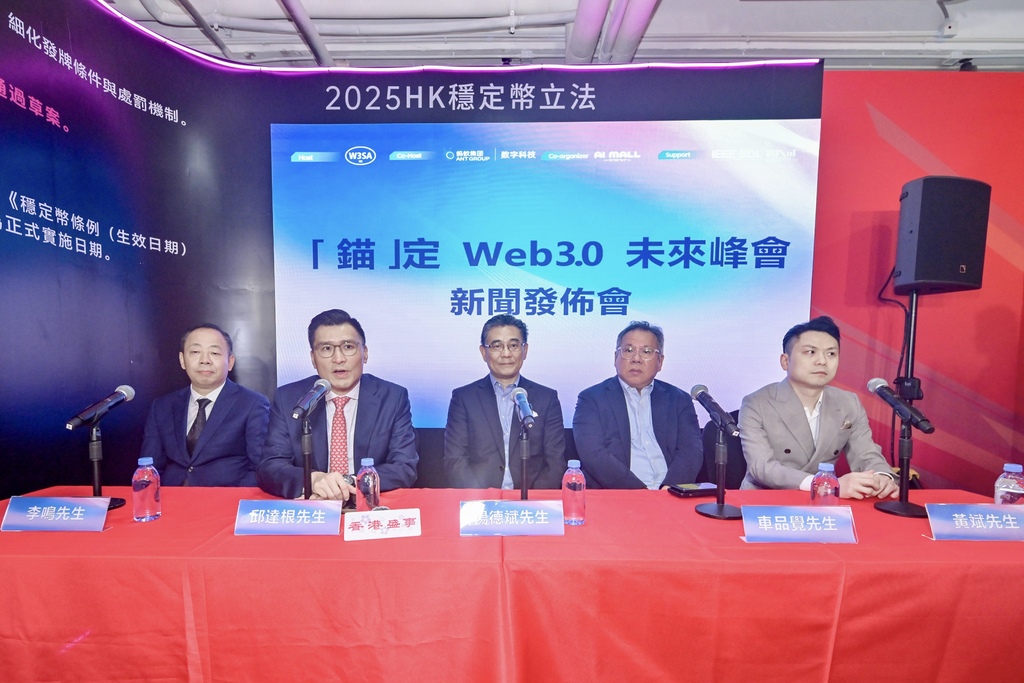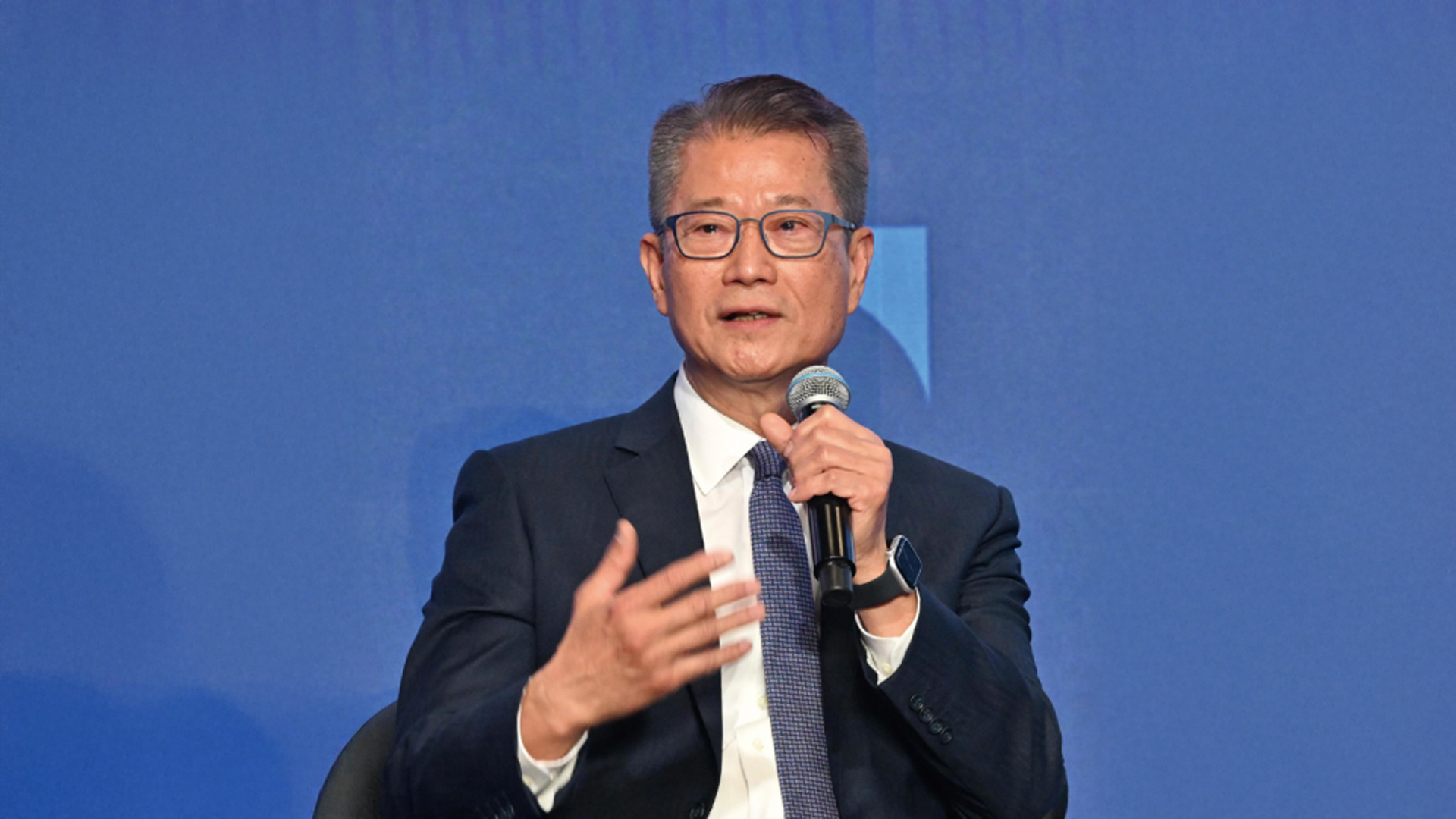By | Grenville Cross
In December, 2024, President Xi Jinping visited Macao for the swearing-in ceremony of the chief executive, Sam Hou-fai, and the 6th-term government. It was also the 25th anniversary of Macao’s return to Chinese rule, and he was fulsome in his praise of the progress it had made. He said Macao was “a pearl in the nation’s palm, and I have always kept in my thoughts its development and the welfare of all of its people.”
Moreover, Xi foresaw a bright future for Macao. His four expectations for its progress included economic diversification, governmental reform, strengthening international ties, and ensuring social cohesion. In other words, he envisaged a sophisticated global city with a contented populace.
On a per capita basis, the resident population of Macao, which numbered 687,0000 last year, is the richest in China. Although, like many places, it faces housing and other social challenges, Macao's GDP rose from US$6.4 billion in 1999 to over US$47 billion in 2024. While renowned for its casinos, it is also developing its tourism industry, conference facilities, financial services, technological prowess, and traditional Chinese medicine. It is also, with its twelve universities and colleges, no slouch when it comes to educational excellence.
Macao’s development is being facilitated by the access the central government has provided to the adjacent Hengqin Island, three times its size. Through the Guangdong-Macao In-Depth Cooperation Zone, it is diversifying its activities away from the gaming industry, a major central government objective. Indeed, Xi indicated that policies “inconsistent” with this goal should be avoided.
Moreover, Macao’s progress is being achieved within a constitutional framework not dissimilar to Hong Kong's. Its Basic Law also confirms that its “capitalist system and way of life” will remain unchanged for 50 years. It was, therefore, gratifying that Xi praised Macao’s “world-recognized success” in implementing the “One Country, Two Systems” policy.
Given Xi’s close interest in Macao, the arrival in the city on May 8 of Xia Baolong, director of the Hong Kong and Macao Affairs Office, on a 6-day visit, was welcome. His mission was not only to show the central government’s support for ongoing initiatives but also to ascertain how the new government was faring.
On arrival, Xia told Sam, who was previously Macao's top judge, that the central government appreciated “the good work” his administration was doing. In response, Sam assured him that his government was “actively” pursuing Xi’s expectations for Macao, which must have been reassuring.
At a time of global turbulence, Xia sought to encourage various sectors. He advised everybody to remain focused and stay united. Exporters were urged to explore new markets while also paying attention to the domestic needs of the mainland markets. Echoing Xi, he emphasized the importance of seizing the opportunities available in Hengqin, amongst which he undoubtedly included finance and technology.
On May 12, Xia visited The Complex of Commerce and Trade Co-operation Platform for China and Portuguese-speaking Countries, and discussed the critical role of Hengqin in Macao’s future development with business leaders. The secretary for economy and finance, Anton Tai Kin-ip, quoted him as saying,“We must strengthen our confidence, invest in Hong Kong and Macao, develop the economy, give full play to Hong Kong and Macao’s advantages, and further expand opening up to the outside world.” However, it would not always be plain sailing, and Xia cautioned “Only struggle can win development.”
In sharing his economic perspectives, Xia said,“Macao should take the development of Hengqin as its own business,” meaning the ball is in Sam’s court. He must have been gratified when the secretary for administration and justice, Andre Cheong Weng-chon, disclosed that the government planned to allocate extra resources to a dedicated working group created earlier this year to support Hengqin’s development. When he visited the Guangdong-Macao In-depth Cooperation Zone in Hengqin, Xia urged the business community to align itself with the country's prosperity, as well as that of Macao and Hong Kong, and to respond to foreign "sanctions and suppression" with “courage and integrity.”
In exchanges with lawmakers, Xia urged Macao to “stand firm” during the trade tensions with the US. He thanked them for enacting key national security laws, but emphasized the need to “remain vigilant in times of peace.” Although Macao enacted its national security laws in 2009 and updated them in 2023, it has always been keenly aware of the potential dangers that can arise in a globalized city. Ever alert, its patriotism is second to none.
One way of neutralizing threats is by ensuring that people know their country’s history and appreciate its achievements, and Macao's schools have invariably recognized this. When, therefore, Xia was taken to the memorial hall of Lin Zexu, the Qing Dynasty commissioner who famously destroyed 1,000 long tons of illegal opium seized from British traders in 1839, he was briefed about Macao’s initiatives in promoting patriotic education, which must have heartened him.
In 2014, when President Xi Jinping visited Macao for the 15th anniversary of the reunification, he said that only through upholding the central government’s authority and protecting Macao’s high degree of autonomy could the “one country, two systems” policy move steadily forward. If not, it would be like the “left foot wearing the right shoe," a message that has resonated. He also told Macao to resist foreign intervention and develop a stronger sense of pride among young people, which, as Xia undoubtedly observed, is happening now.
When Xia reports on his visit to Xi, he will hopefully be positive. Sam has pledged to lead all sectors in fulfilling the central government’s expectations with “a strong sense of responsibility,” and the evidence available points to his sincerity. Xia’s visit will have underscored the need for Sam to keep moving forward resolutely on all fronts, but this should not be problematic. After all, as he discharges his mandate he knows he enjoys the full support of the central government and the Chinese people.
(Grenville Cross is a senior counsel and law professor, and was previously the director of public prosecutions of the Hong Kong SAR.)







 今日热搜
今日热搜

 本周热搜
本周热搜

 本月热搜
本月热搜










 查看更多
查看更多











